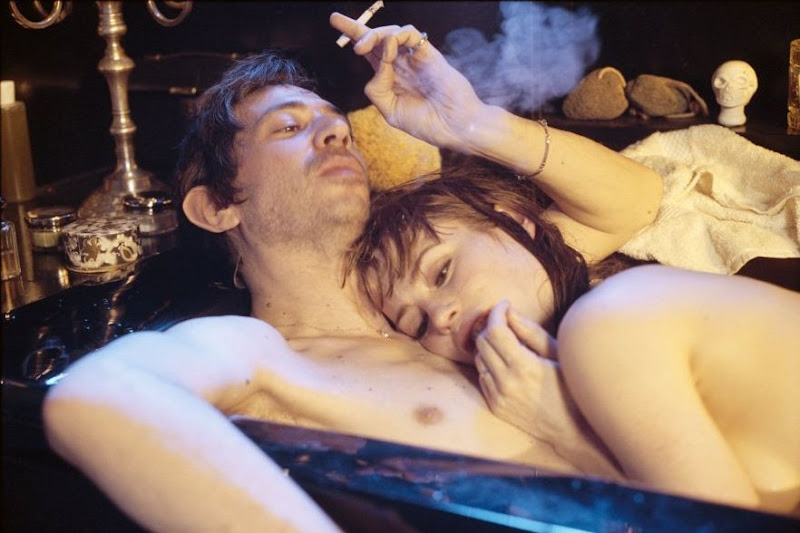Gainsbourg: A Heroic Life
Provocative angel
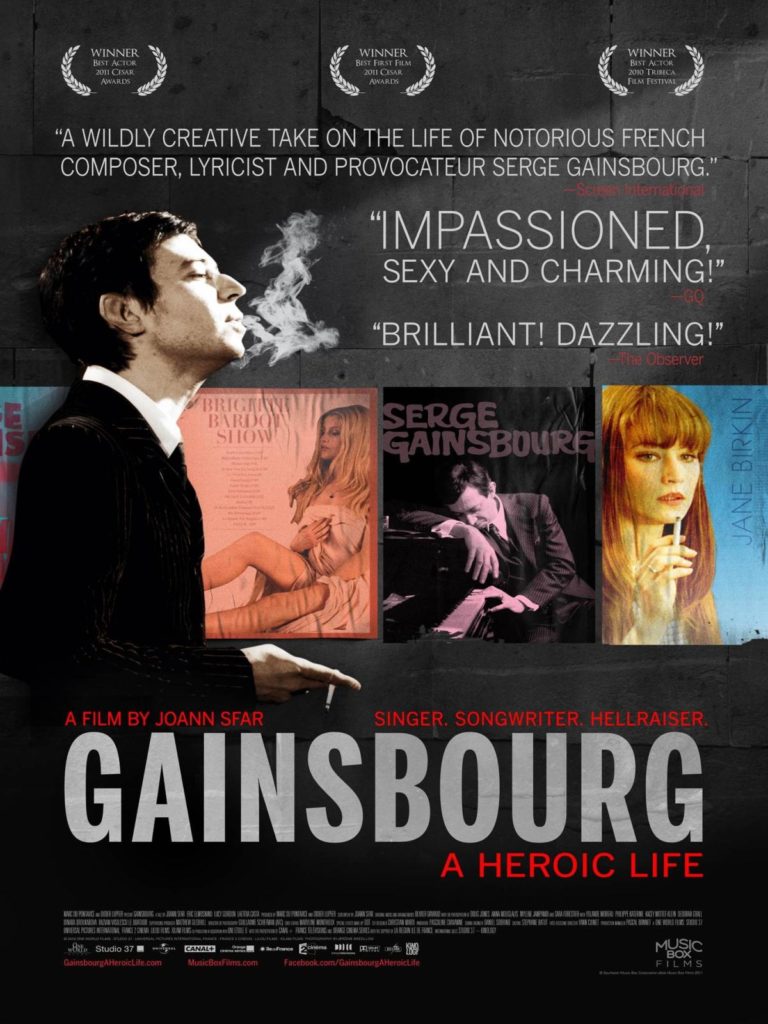
Whenever we think of someone seductive, immediately the image of beauty comes to mind. But what if this seducer had huge ears like an open-door cab, a nose to envy a toucan, who smoked like a chimney and drank like an alcohol-fueled car? This man existed, and had at his side some of the most beautiful and desired women in the world, being brilliantly portrayed in the film “Gainsbourg: A Heroic Life” (“Gainsbourg (vie héroïque)”, FRA, 2010), by the French directorJoann Sfar.
Serge Gainsbourg – in fact, Lucien Ginzburg – was born in Paris. His parents were Russian Jews who had emigrated to France fleeing the 1917 Revolution. His father was a great classical pianist, from whom Serge inherited musical talent. His other talents, of singer, composer, actor, director, poet and, mainly, the immense daring, it is not known from whom he inherited, but were the mark that lasted until his death.
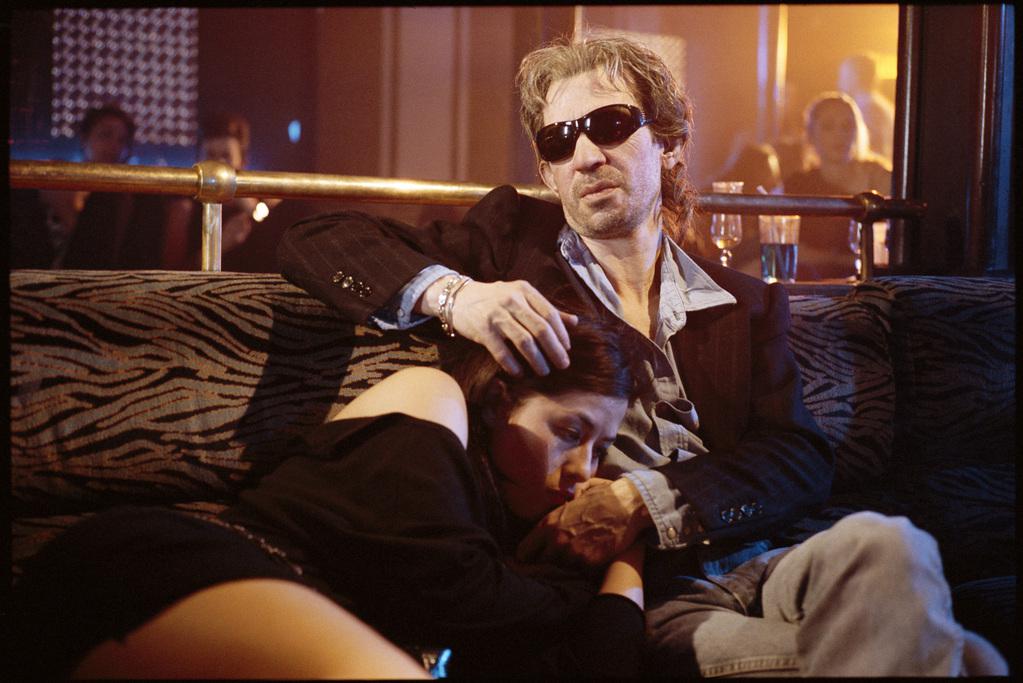
Everything in his life was superlative: his ugliness, his immense talent, the boundless passion for smoking, alcohol, drugs and sex, not necessarily in this order, and many, many women, all always beautiful.
The move from Lucien Ginzburg to Serge Gainsbourg took place in the late 1950s. Debuted on vinyl in 1958 with “Du Chant à la Une!”. His career broke down in 1966 amid the fever of the Ye Ye Girls, when he began to compose and managed the young singer France Gall.
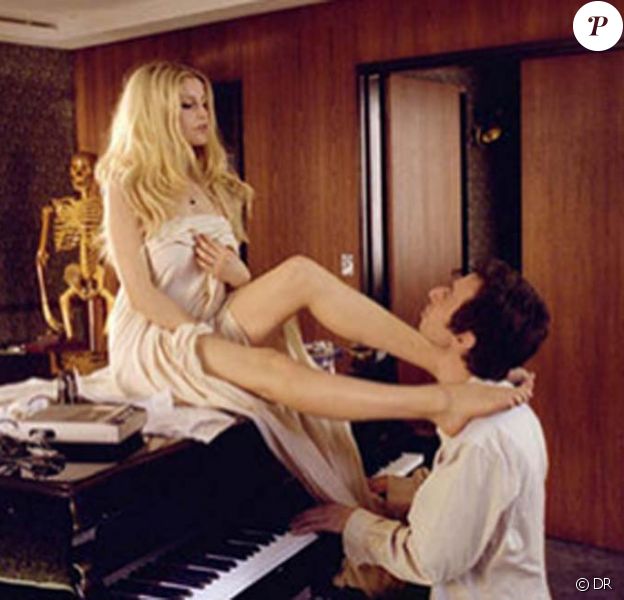
In 1968, he had an affair with the famous star Brigitte Bardot, with who he recorded memorable songs. Brigitte, at that time was married and was already considered by many the most beautiful woman in the world. Together, they composed numerous hit songs, such as “Bonnie & Clyde”, which is in the film soundtrack.
Gainsbourg composed a bold and strange song, “Je t’aime moi non plus”, initially thinking of Brigitte. The song was a passionate dialogue between two lovers, with a beautiful melody in the background, and that suggested a sexual relationship. Even though she was considered one of the most daring actresses in world cinema, Brigitte refused to record it.
That same year Serge met the beautiful young English actress Jane Birkin, in the filming of “Slogan” (FRA, 1969). Jane was a rising star and had caused a furor by appearing naked in Michelangelo Antonioni’s “Blow Up” (“Blow-Up”, 1966). As bold as Gainsbourg, Jane went on to record in duet with him the orgasmic song “Je t’aime moi non plus” – which provoked an immense repercussion around the world, even being banned in Brazil, Portugal, Spain and the United Kingdom, among other countries.
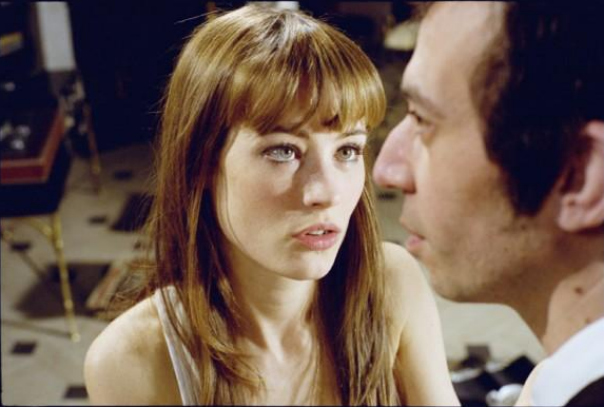
The two took over the relationship and still committed many daring together, including photos, music, clothes, movies, nudity, statements and, mainly, a life for two very controversial. Together they also had two daughters, the oldest being the talented French actress and singer Charlotte Gainsbourg.
Serge Gainsbourg directed five films, including “Je t’aime moi non plus” (FRA, 1976) starring Jane Birkin, with a daring screenplay about a young woman who maintained a relationship with a bisexual man.
Joan Sfar’s film does not bring a conventional narrative, and although it follows Gainsbourg’s life with great fidelity, it brings a dreamlike vision through a character that appears to be the musician’s alter ego, an immense puppet, with huge nose and hands.
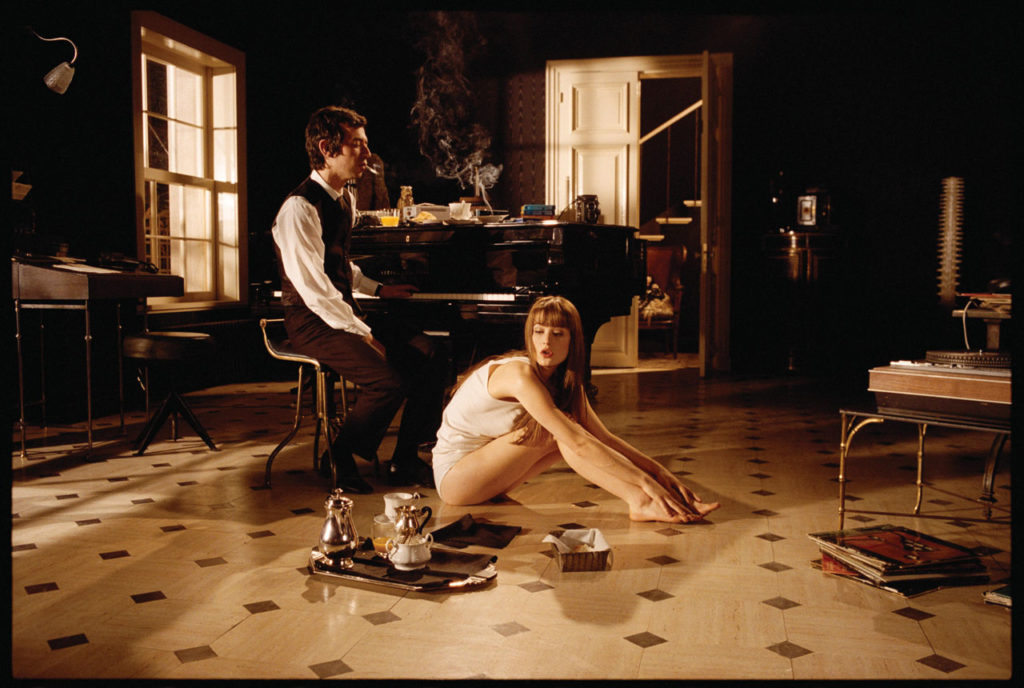
The cast portrays with great fidelity the real characters, especially Gainsbourg himself, lived on screen by Eric Elmosnino. Laetitia Casta and Lucy Gordon play Brigitte Bardot and Jane Birkin. Lucy Gordon passed away when the film was in post-production, being dedicated to her.
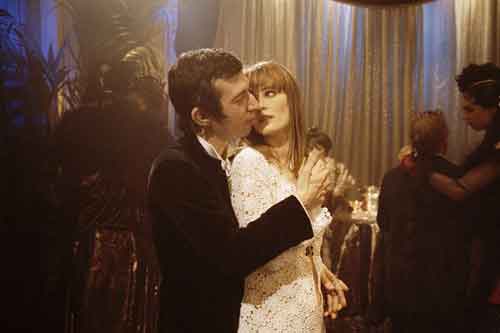
In addition to exploring the eccentric artist’s life, the film brings to the new generations the opportunity to know something about the atmosphere of the 1970s, where the rebellion of youth faced political conservatism, expressed in a large number of left and right dictatorships, but mainly by high musical quality, which has not parallel today.
Gainsbourg’s controversial and bold figure was once the subject of other films, but this was the first to have the support of the family. “Gainsbourg: A Heroic Life” can be found on the Globoplay platform.

